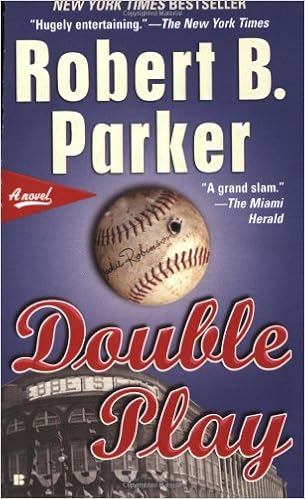


11/26/2004
VDARE.com’s Bryanna Bevens recently wrote about radio host Mark Belling, who uttered the word "wetback" on the air, and was fired by Clear Channel for doing so. Wetback is arguably a racial slur — if it’s used to describe Mexican-Americans or legal immigrants. The term was used officially by the US Government during the Eisenhower administration ( "Operation Wetback"). It comes from the undeniable fact that, where the border consists of the Rio Grande River, illegal aliens cross by fording it. And they arrive soaking wet. One person who got soaked recently was Farida Goolam Mohamed Ahmed, a South African Arab woman on the terrorist watch list. She was arrested by the Border Patrol at McAllen Miller International Airport on her way to New York.
"Among her possessions were a pair of wet blue jeans and muddy shoes scored with thorns, a border official said." — [S. African Detained in Texas May Have Terrorist Ties, by Sylvia Moreno and John Mintz, Washington Post, August 1, 2004]
Ms. Ahmed is not a Mexican at all. The Rio Grande will dampen anyone who crosses it. They don’t have to be a descendant of Montezuma or the Conquistadors to get wet.
While presumably river crossers have dried off by the time they reach Milwaukee, they're still illegal.
And it was the illegals that the "anti-hate" protestors are defending against this "slur."
"Several advertisers complained or pulled ads after Belling used the word "wetback" to describe illegal Mexican immigrants on his Oct. 27 show about potential voter fraud in Wisconsin.
"'You watch the voter turnout on the near south side (of Milwaukee), heavily Hispanic, and compare it to the voter turnout in any other election, and you're going to see every wetback and every other non-citizen out there voting,' he said." Conservative Radio Host Pulled Off Air After Racial Slur: Host Used Slur On Air, Joked About It For Days, November 9, 2004, Channeloklahoma.com
I wrote a while back about the Sullivan vs. New York Times case, which gave the American Media, in effect, the right to lie.
I think this is fair enough, believe it or not. Ask anyone who lives in a country like Britain, where they do have a law of libel, and guilty politicians sue innocent journalists for printing the truth.
But, given that First Amendment jurisprudence gives journalists this (somewhat counterintuitive) "right to lie," why is that media moguls are so quick to crumble in these cases when somebody tells the truth?
Jackie Robinson’s Success and the Invisible Victims
I've been reading Double Play by detective novelist Robert B. Parker, a long-range Dodgers fan in Boston in the forties, when Jackie Robinson and Branch Rickey desegregated Major League Baseball.

The viewpoint character is a Boston Irishman named Joseph Burke, a discharged veteran hired to bodyguard Robinson, who received numerous death threats during his first year in baseball.
Parker fans will be on very familiar ground here. You can see characters and plot elements going back to Mortal Stakes, Wilderness, The Widening Gyre, not that there’s anything wrong with repeating a successful formula. Since Parker was actually alive in Boston in the forties, there are few of the major errors that dot historical novels, where you have to say, "People didn’t talk like that. Or think like that."
And Parker also points out something that most people miss. As Steve Sailer in his (pre-purge) National Review cover story "How Jackie Robinson Desegregated America" noted:
"In the liberal world-view, discrimination stems from prejudice, from ignorance of the actual talents of blacks. In organized baseball, the opposite was true. White Major Leaguers freely admitted that many blacks could have taken white players' jobs. Yet, somehow, this enlightened perception failed to make the white pros into ardent integrationists."
Another group that felt displaced was the owners of the old Negro Leagues. Robinson’s integration of Major League Baseball was the beginning of the end for them. In Parker’s novel, a group of them offer Robinson more money than he’s making with the Dodgers to play for them.
Parker writes, as Steve Forbes also noticed,
"'Thing is what they say make some sense,' Jackie said. 'Be other colored players coming along after me, and eventually all the good ones be playing in the white leagues. Be putting a lotta Negroes out of business,' Jackie said. 'The Negro leagues go under, and a lot of Negro players, the ones with less skill, gonna be out of a job.'
"'True for white players too,' Burke said.
"'White?' Jackie said.
"'Every Negro comes into the major leagues,' Burke said, 'is one less white man.'"
Parker has Robinson say "I never thought of that."
Robinson was a good man and a great athlete. He was not an "affirmative action case." Here, it was the whites who were benefiting from affirmative action.
But today when immigration enthusiasts are talking about finding "willing workers" south of the Rio Grande for American employers, then the same thing applies.
Every job for a Mexican immigrant means one less job for an American.
Frequently an African-American, by the way.
Will President Bush or Tamar Jacoby ever say "I never thought of that?"